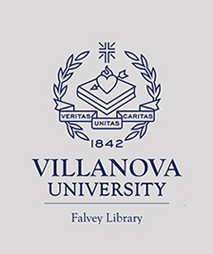Last Stop on the Cosmic Journey An Estimated Time of Arrival
##plugins.themes.bihistory.article.main##
Abstract
History is here imagined as a moral, intellectual, and physical journey whose destination involves: penetration to the furthest reaches of the cosmos, complete understanding of the laws of nature, and a perfect system of ethics with respect to the management of society and nature. It is suggested that the exhaustion of material potential implied by the Second Law of Thermodynamics is counterbalanced by the augmentation of informational potential in a process of ephemeralisation or doing more with less. Evolution is modelled as a process of hyper-exponentially increasing combinatorial complexity interrupted by occasional restarts or episodes of creative destruction. Drawing on these speculations, a calculation is developed leading to the necessarily rough and impressionistic conclusion that humanity will reach its above-defined destination some twenty millennia from now.
##plugins.themes.bighistory.article.details##

This work is licensed under a Creative Commons Attribution 4.0 International License.
Authors who publish with this journal agree to the following terms:- Authors retain copyright and grant the journal right of first publication with the work simultaneously licensed under a Creative Commons Attribution License that allows others to share the work with an acknowledgement of the work's authorship and initial publication in this journal.
- Authors are able to enter into separate, additional contractual arrangements for the non-exclusive distribution of the journal's published version of the work (e.g., post it to an institutional repository or publish it in a book), with an acknowledgement of its initial publication in this journal.
- Authors are permitted and encouraged to post their work online (e.g., in institutional repositories or on their website) prior to and during the submission process, as it can lead to productive exchanges, as well as earlier and greater citation of published work (See The Effect of Open Access).



